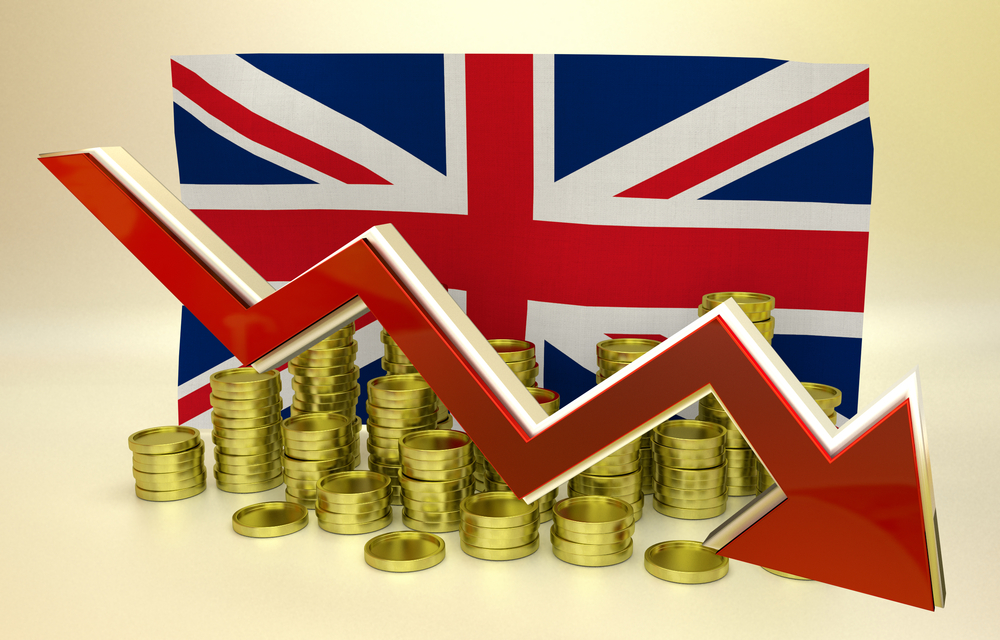Experienced Investor
Election factor hits investor sentiment

Investor sentiment has fallen to its lowest level this year, dropping 3.7% in July. However, overall sentiment is still higher than a year ago, when the UK was reeling from the referendum result.
Sentiment dropped towards eight out of 11 asset classes in July, with UK assets particularly losing favour as the fallout from the UK General Election result continued. UK equities were the biggest faller seeing a 10.75% decline. UK bonds were the second biggest faller dropping 8.72% from -1.05% to -9.77%.
Japanese equities and commodities were the only areas to see a more positive sentiment with an increase of 0.59%.
Despite a difficult July, UK property and UK equities are still among the best performers over the past year. UK property has seen an increase in sentiment of 19.97% since 2016, closely followed by UK equities which experienced an 18.04% rise over the same period. Eurozone equities have also been strong, rebounding by 35.71% in 12 months. Overall, gold is still the most popular asset class.
Markus Stadlmann, chief investment officer at Lloyds Private Banking, said: “After the highs come the lows, and it appears that investors are feeling less confident following the UK General Election. In May, we saw investor sentiment reaching levels not recorded since April 2016, but this month’s sharp decline – particularly towards UK assets – suggests that the election outcome and ensuing political dynamics have caused uncertainty in the markets.
“A reversal of bond market trends wasn’t helpful either. In the UK and elsewhere, markets have been very sensitive to perceived changes in communication by monetary policy makers. While we do not expect the end of asset purchases by central banks alone to cause an unmanageable fall in bond prices, investors are rightly concerned. There are several other factors to consider when assessing the future development of global sovereign bond yields, most importantly the growth and inflation outlook, as well as financing requirements. When looking closely at these factors, none of them makes the fixed interest outlook any brighter.”